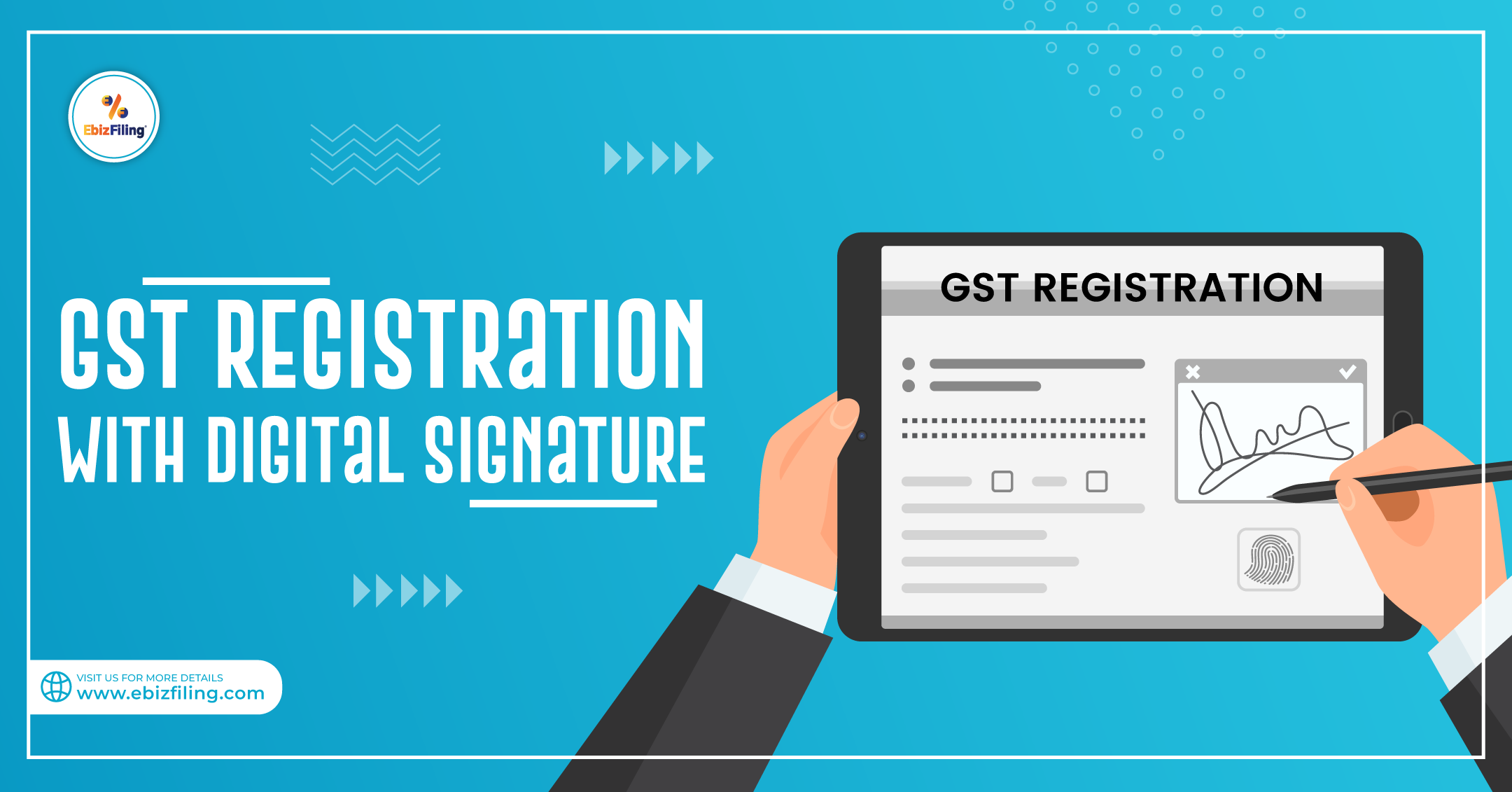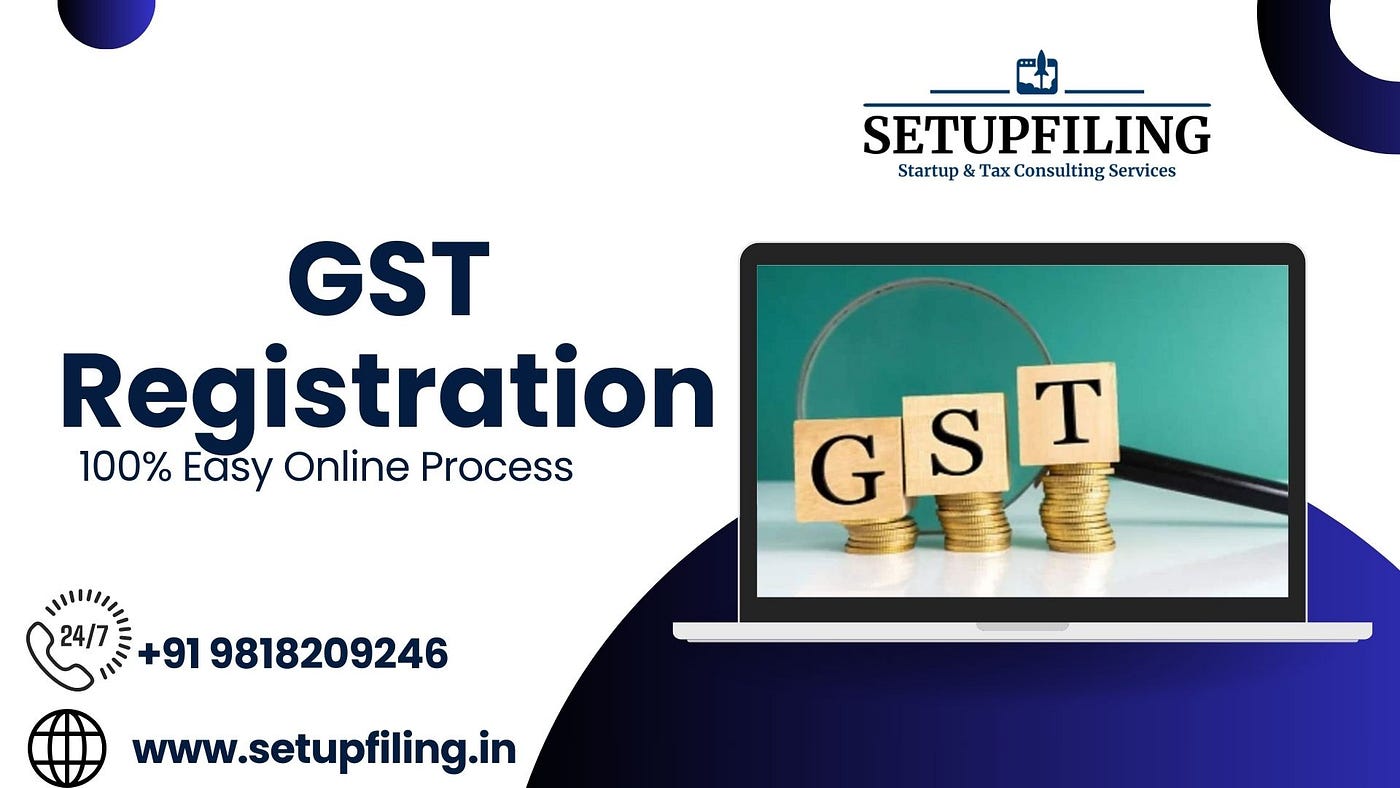Simplifying Your Singapore GST Registration: A Thorough Strategy
Simplifying Your Singapore GST Registration: A Thorough Strategy
Blog Article
Browsing the Intricacies of GST Enrollment: Professional Tips and Ideal Practices for Smoother Conformity
From understanding registration demands to harnessing technological devices for structured processes, the trip in the direction of smoother GST conformity is nuanced and multifaceted. Remain tuned to reveal vital techniques and insights that can assist organizations steer via the complexities of GST enrollment with finesse and confidence.
Understanding GST Enrollment Needs

Along with turn over limits, businesses involving in interstate sales or providing taxed services may additionally be required to register for GST, even if their turn over is listed below the recommended restriction (Singapore GST Registration). Recognizing these limits and needs is necessary to avoid fines and make certain smooth operations within the lawful structure
Furthermore, services have to gather and prepare the needed documentation, such as proof of identity, address, organization consolidation, and savings account details, before starting the GST enrollment procedure. Failing to provide exact details or meet the registration due dates can lead to penalties or other lawful repercussions. For that reason, businesses should stay notified regarding the certain GST registration demands suitable to their procedures to keep compliance and stay clear of potential issues.
Organizing Essential Documents
Companies getting started on the GST enrollment procedure should carefully put together and arrange the important paperwork required for submission. The crucial files commonly required for GST enrollment include proof of organization enrollment or address, identity and consolidation proofs of business proprietors or partners, savings account information, evidence of primary workplace, and consent types. Making certain that these records are easily offered and arranged can streamline the registration process and prevent hold-ups or beings rejected.
To effectively organize vital documentation, businesses should produce a central system for keeping and categorizing the needed documentation (Singapore GST Registration). Using electronic storage solutions can assist keep easy access and guarantee that papers are securely stored. In addition, developing a list of all required records can function as a useful tool to track what has been gathered and what is still needed for entry

Leveraging Modern Technology for Efficiency
Enhancing functional performance via technical integration is critical for modern-day companies browsing the complexities of GST enrollment. Leveraging modern technology can streamline procedures, minimize errors, and guarantee timely conformity with GST regulations. Among the crucial ways technology can assist in GST registration is through making use of automated software application options. These tools can help services track sales, create billings, calculate taxes, and submit returns properly. By automating these jobs, services can conserve and lessen manual mistakes time that would or else be invested on repetitive management job.
In addition, modern technology can help with smooth interaction with tax authorities. On-line sites and interaction devices enable services to send records, resolve queries, and obtain updates in a more effective manner. This not just expedites the registration procedure however additionally helps in maintaining dependable and transparent interaction with the appropriate authorities.
Moreover, cloud-based storage space solutions offer a safe platform for businesses to store and access their monetary information, ensuring conformity with GST record-keeping needs. By systematizing information storage and automating processes, companies can enhance their overall efficiency and precision in GST enrollment treatments.
Proactive Conformity Monitoring

To make certain effective proactive conformity monitoring, companies need to develop robust interior controls, find more information conduct periodic audits, and utilize automation tools for real-time tracking of GST purchases. Routine training sessions for workers on GST compliance needs can also help in creating a culture of conformity within the company. In addition, engaging with hop over to here tax experts or professionals can provide important understandings and support on navigating complex GST policies.
Engaging With Expert Specialists
Involving experienced tax obligation consultants can dramatically strengthen a business's understanding and conformity with complex GST regulations. Expert specialists bring a riches of knowledge and experience to the table, helping businesses navigate the intricacies of GST registration effortlessly. By leveraging their knowledge, business can guarantee accurate filings, minimize the risk of mistakes, and stay current with the current governing modifications.
When involving with professional specialists, it is crucial to pick specialists with a solid performance history in GST compliance (Singapore GST Registration). Try to find specialists that have a deep understanding of the relevant laws and regulations, as well as experience working with companies in your sector. Reliable communication is type in this collaboration, so make certain to plainly specify your expectations and establish regular touchpoints to review progress and deal with any concerns
In addition, specialist specialists can provide valuable understandings and advice on maximizing your tax strategy, identifying prospective cost-saving opportunities, and enhancing your conformity procedures. In general, purchasing expert consultancy solutions can go a lengthy way in making sure smoother GST conformity and staying clear of pricey mistakes.
Final Thought
Finally, browsing the intricacies of GST enrollment requires a complete understanding of the needs, organization of necessary paperwork, leveraging modern technology for performance, proactive compliance surveillance, and engagement with specialist specialists. By following these ideal techniques, services can browse around this site make sure smoother compliance with GST regulations and avoid potential fines or penalties. It is necessary to stay notified, aggressive, and attentive in managing GST registration to maintain conformity and support monetary stability.
To guarantee compliance with tax obligation laws, organizations have to thoroughly understand the elaborate demands for GST registration. Goods and Provider Tax (GST) is a value-added tax levied on a lot of products and services in a country, making it vital for organizations to sign up for GST to prevent lawful repercussions.Moreover, businesses must gather and prepare the needed documents, such as proof of identification, address, business incorporation, and bank account information, before launching the GST enrollment procedure. Organizations ought to stay notified regarding the certain GST registration demands suitable to their operations to maintain compliance and prevent possible issues.
The crucial files commonly required for GST enrollment include evidence of service enrollment or address, consolidation and identity proofs of the service owners or companions, financial institution account information, evidence of principal location of business, and consent types.
Report this page